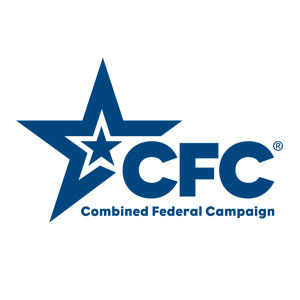“Resiliency Translates Well from Military to Academia,” says Soldier for Life, Scholar
Guest post by Lt. Col. Wenceslao Angulo, Strategic Communications Director, U.S. Army Soldier for Life. Learn more about Soldier for Life.
“I was an infantry officer who knew how to operate in a platoon, deploy, and lead troops,” said Jesse Campion, who served nearly six years, separating in 2009. “Every time you get to a unit there’s one guy who will square you away and I feel that support element is just as important for Veterans in the academic environment” he added, of the team-oriented mentality that the Army epitomizes.
Campion inherited what he calls “the Army bug” from his grandfather, an Army Ranger in World War II. After graduating from college, he bounced around temp jobs, looking for something that gave him a sense of purpose. As the American landscape continued to change after the events of 9/11, Campion decided to enlist. “I needed to be a part of this–a part of this team,” Campion said. “I couldn’t see myself doing anything else besides joining the Army and serving my country during a time of war.”
After a successful career: commissioning as an infantry officer, graduating Army Ranger School and leading troops into combat in Iraq, Campion had accomplished all he had set out to do in the Army. He was ready to live out another, different family legacy: attend and graduate from law school. “It was always a dream of my mother’s,” Campion reminisced. “No one in my family had ever gone to law school. I had the G.I. Bill, and I knew it was a chance to better myself.”
Campion is working toward his J.D. and M.P A. in a joint program at Syracuse University’s College of Law and Maxwell School of Citizenship and Public Affairs. There, a professor connected him with SoldierStrong, which has an academic scholarship program providing support to Veterans attending school. “I was deeply humbled by their generosity and for being named for the scholarship,” Campion said of this opportunity.
The largely individual “sink or swim” graduate school environment was a shock for Campion, who was used to the tight-knit team oriented community of Army units. Connecting to organizations like SoldierStrong as well as with other Veterans on campus proved to be vital in transitioning successfully from the military to academia.
“The incredible resilience service members have is sometimes discounted,” added Campion, who channeled his Soldier for Life mentality to overcome the challenges he faced in transition, just as he would do on the battlefield. “Veterans understand having to adapt to new environments. Veterans make it work and figure it out—whether a radio goes down, or a weapon jams, or we have to find a different route to get to our objective,” he said.
Campion will graduate May, 2015. He plans to continue to serve and give back, either as a military lawyer in the Judge Advocate General’s branch or with the U.S. government.
“Resiliency translates well from military to academia,” said Campion, who encourages his fellow Soldiers and Veterans to find what they are passionate about and pursue it. “Once veterans have that motivation in mind they can exceed like they did in the military.”

